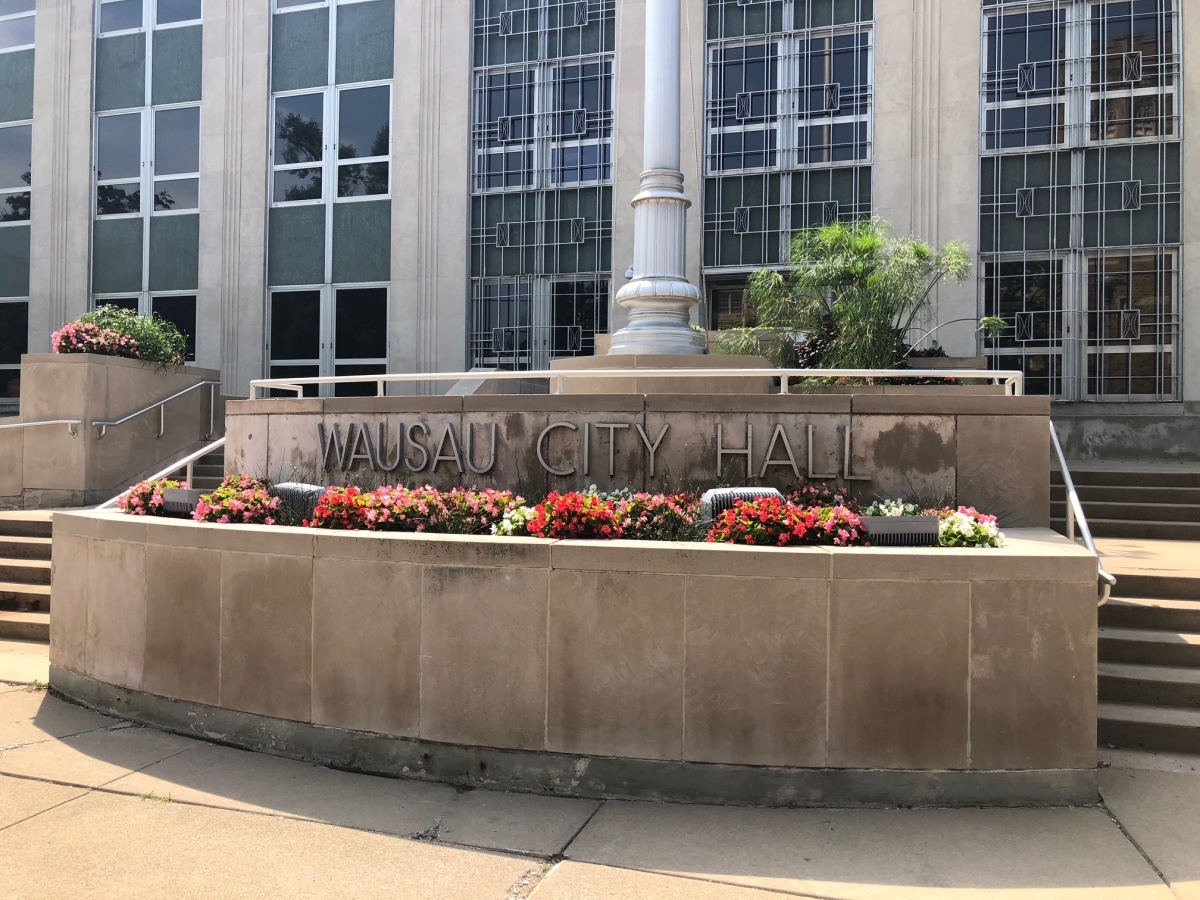Damakant Jayshi
Wausau’s Policing Task Force will continue its discussions on community survey results before finalizing the nature and number of focus groups moving forward.
The WPTF took the decision – upon suggestion from task force member William Harris – after reviewing initial results of the survey presented by April Bleske-Rechek, PhD, on behalf of Wisconsin Institute for Public Policy and Service.
“We want to be deliberate and inclusive but also timely,” said John Robinson, chair of WPTF, explaining the rationale for taking more time after getting a detailed analysis of the survey results.
In late June, the WPTF released the survey to public to gather feedback. Of the 5,000 paper surveys – in English – sent to the residents of Wausau, WIPPS received 715 responses. The online version – in English, Spanish and Hmong – saw a return from 516 respondents.
The survey, which focused solely on the Wausau Police Department, had five broad themes that mostly related to residents’ perceptions of police action and conduct, as well as sources of information about police activities.

Wausau Pilot & Review emerged as two of the top sources of information, while radio and newsletters landed at the bottom of the list.

Bleske-Rechek, professor of psychology at the University of Wisconsin-Eau Claire, termed the total return – 1,231 – great response rate. She walked the members of the task force through initial results which, while showing an overall broad positive impression of Wausau police, also showed lack of trust from certain demographics and portions of the community.
Respondents 30 and below, across demographics, were generally more distrustful of police.
Responding to this finding, Wausau Deputy Police Chief Matt Barnes asked whether that distrust was a “result of law enforcement behaviors” or instead something societal.
“Will there be value in having a sociologist or someone else look at that and see if there are other explanations for that data, or is that something we should look internally so that it is useful for us?” Barnes asked.
Some demographics were under-represented in the survey response and members discussed ways to include them in focus groups so their concerns and suggestions could be incorporated in the overall recommendation.
“The Hmong population was definitely under-represented,” said Eric Giordano, Executive Director of WIPPS.
Bleske-Rechek suggested having five groups. One would comprise people younger than 30 across all race and ethnicities with additional groups representing Hmong residents, people with mental health concerns, and people who had previously been arrested or cited in two or more stops by police.
The WPTF decided to continue discussion before finalizing the focus groups.
As the first step in the process, the WPTF has already held a series of public listening sessions to gather public feedback on policing in Wausau. After the survey results are fully analyzed, the task force will hold a series of focus groups to delve more deeply into potential solutions to consider. As a final step, the Wausau Policing Task Force plans to hold a public hearing and make the final recommendations on police reform to the mayor and City Council.
Damakant Jayshi is a reporter for Wausau Pilot & Review. He is also a corps member with Report for America, an initiative of GroundTruth Project that places journalists into local newsrooms. Reach him at [email protected].

